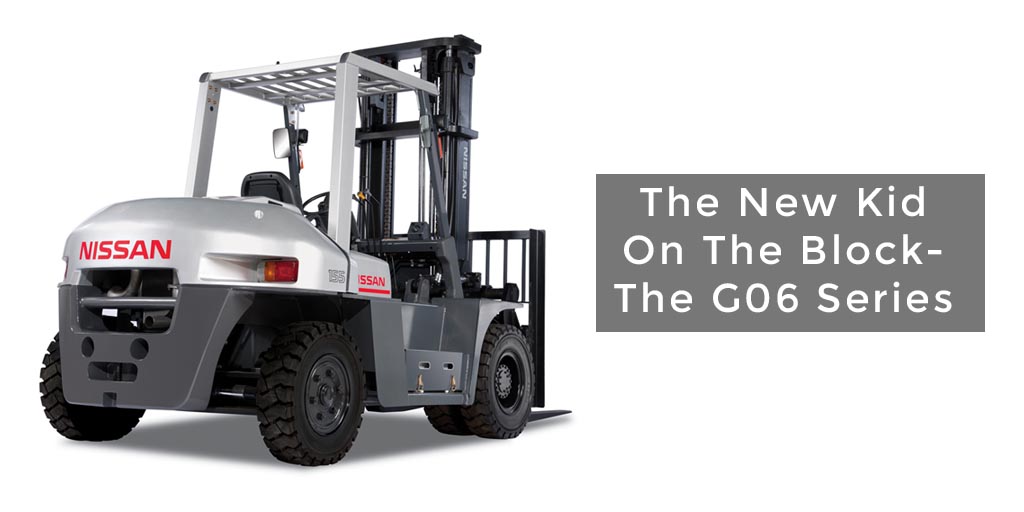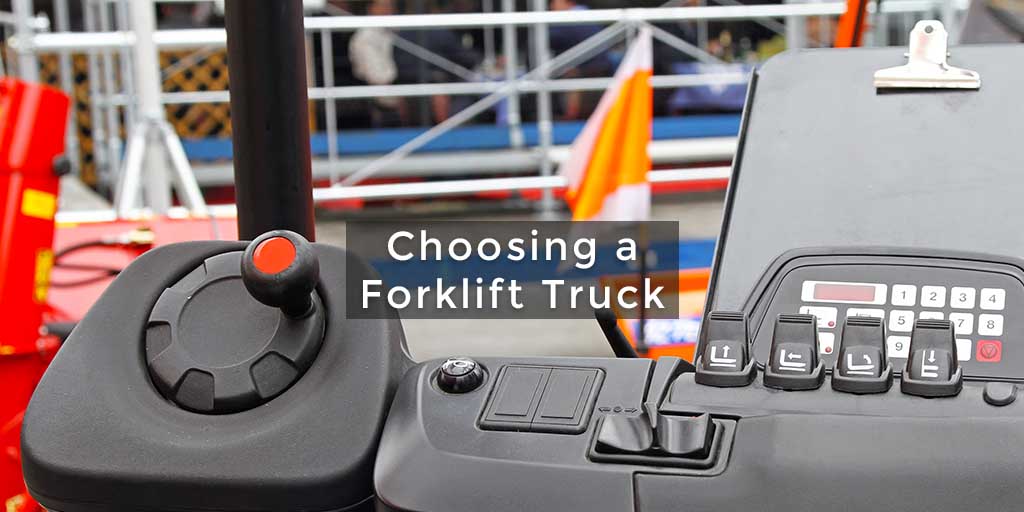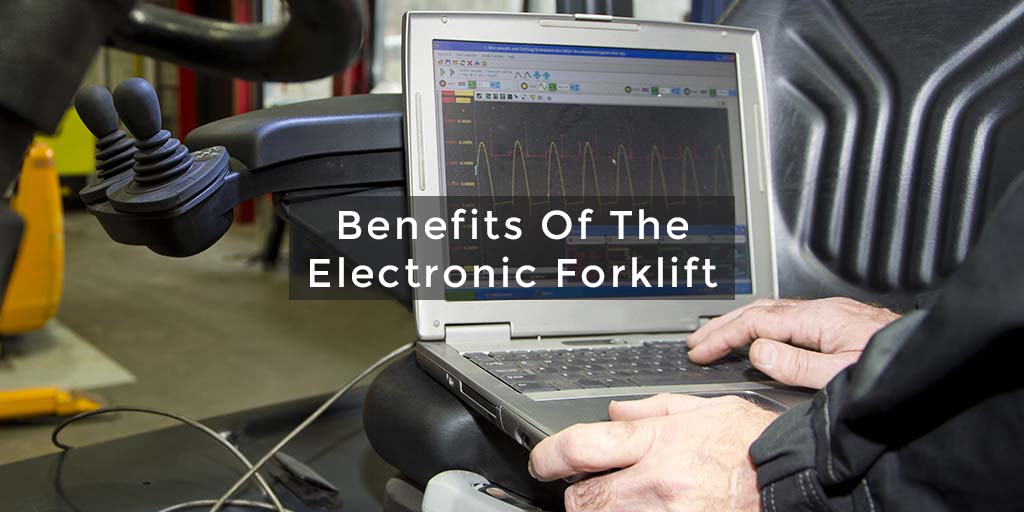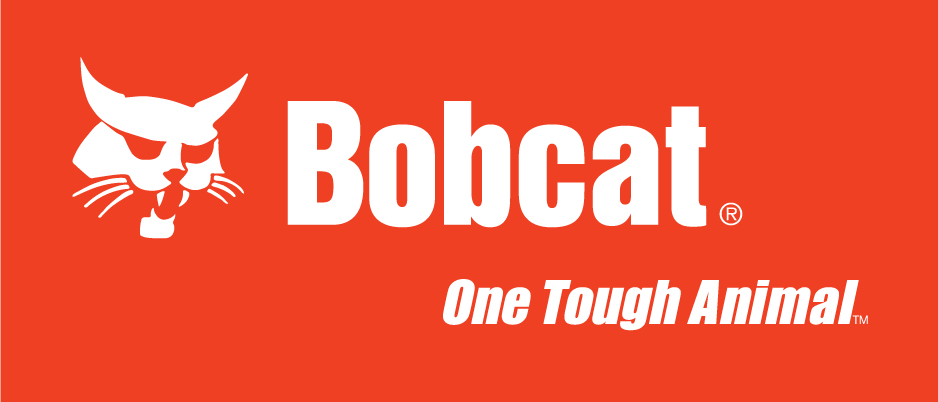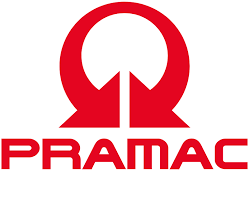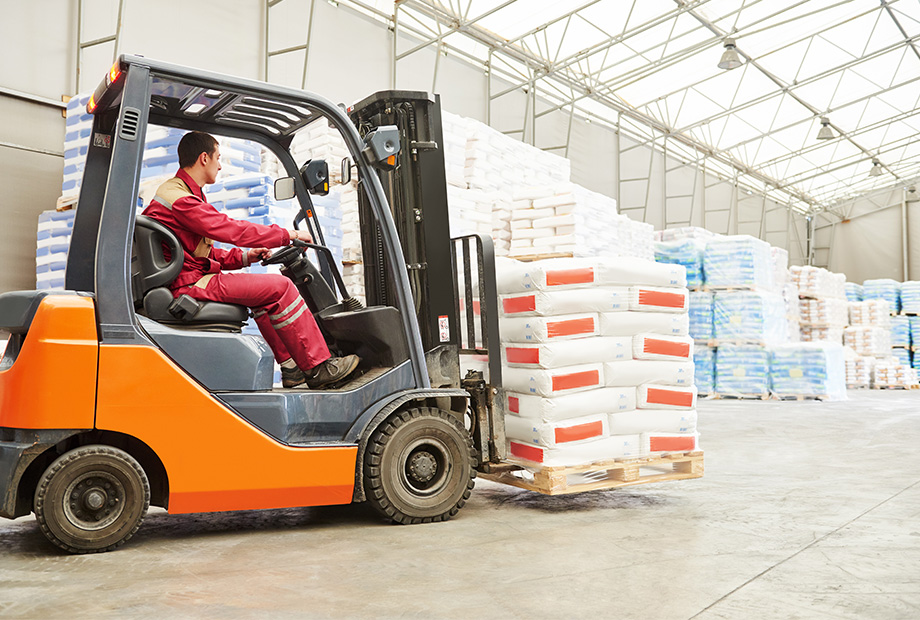
We recently wrote about some simple steps you can take to increase your forklift battery life, and one of those steps revolved around the water in the batteries. Watering forklift batteries is an essential part of routine maintenance for any electric forklift. But when is the right time to water a forklift battery? And why is this so important?
Why it’s so important
If forklift batteries aren’t watered properly, then this can result in the internal plates with active paste material becoming exposed to air. When this happens, the paste ends up losing its integrity due to drying out, and it will then start crumbling.
This dried, crumbled up paste debris will then fall off and sink to the bottom of the battery cell, causing it to short and fail.
Why it’s beneficial to water your forklift batteries
By ensuring operators water electric forklift batteries on a regular basis, you’ll make sure that the lift trucks perform at their best on each and every shift. This is because adding water makes sure that the acid mix in the battery cell is at the correct dilution, which will allow any battery to provide its rated power capacity and accept charging properly, all without generating excess heat.
There are a range of benefits to properly watering batteries in electric forklifts, including:
- A longer life-span for the batteries.
- A reduced likelihood that they’ll suffer from premature failure, which can result in operational downtime.
- A reduced likelihood that you’ll need to replace batteries, which can be costly.
- A stronger chance that forklifts will be able to operate fully for extended periods of time due to lower cycle times for the batteries.
- A reduction in costs in terms of energy and maintenance.
When should you water the batteries?
It’s vital that you water any forklift batteries at the completion of a full or equalisation charge. Once they have been charged, the water levels will be at their highest and should be carefully topped off.
When you water batteries at the wrong time, this can result in issues. For example, if batteries are watered when partially charged or discharged, acid levels rise and may boil over when charging. This can lead to dangerous acid spills that may damage batteries and forklifts.
If you see that battery plates are exposed, charging water may be topped up enough to cover them, whilst the battery is charged. Once charging is complete, normal watering should also take place.
What types of water can be used?
For watering electric forklift batteries, it’s recommended that you use pure or distilled water. If you use dirty or particulate filled water, this could cause electrolyte imbalances that can then damage batteries.
So, make sure you test any water source that you’re using for quality and to ensure that it’s safe for watering, because if it isn’t you need to be using an alternative option.
How to water forklift batteries
You can choose to manually fill batteries, which was the most common method of forklift battery watering a few decades ago. A jug would be used, along with a funnel to fill each cell to the judgement of the person doing the filling.
This method was of course extremely time consuming, and is usually involved manually watering many batteries at once, often inaccurately. Cells would likely be either under or over filled, which would simply result in more damage caused to the batteries.
The Single Point Watering (SPW) System is used as a very common and accurate way to water forklift batteries. Every battery will have a vent plug with a float lever valve, the plugs are interconnected via a PVC hose. Water can be dispersed from a central location via a main feeder hose that connects to the system, allowing each battery cell to be filled.
This method is very accurate, because each cell is filled to the correct predetermined specified level. As the float is raised up, it will get to a point where the water flow is automatically cut.
SPW systems can be filled via the following:
- A manual water filling gun, which is connected to a garden hose or tap.
- A gravity feed system.
- A water trolley with an electric pump.
- An automatic water solenoid, which is triggered by the charger.
There’s many benefits to choosing battery-powered forklift trucks, including a lower cost and reduced environmental trade-offs. And keep in mind, you can always consult a professional battery supplier if you’re ever uncertain.
Are you looking to purchase a new Forklift or used forklift? Why not give us a call today? 0800 298 8790


